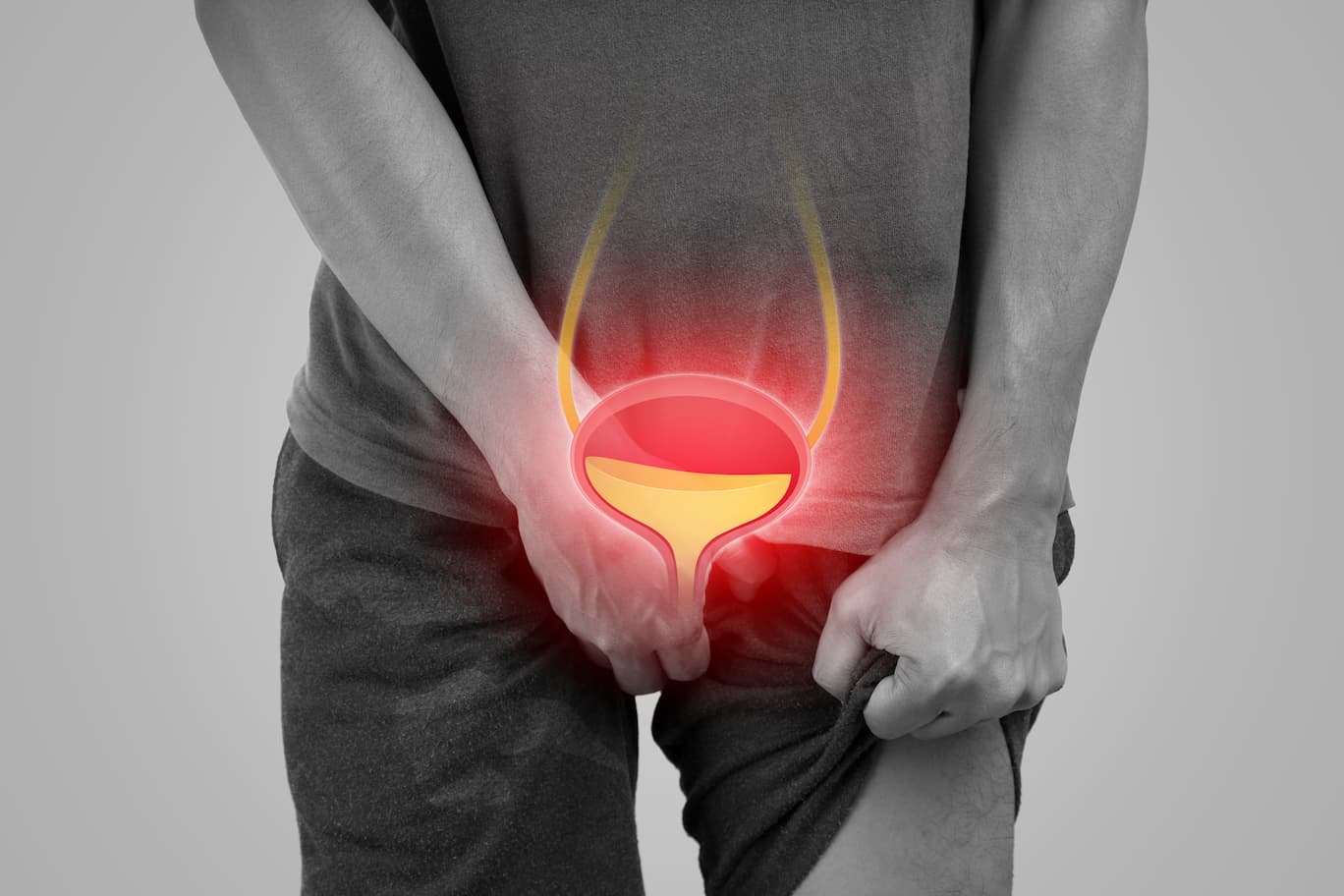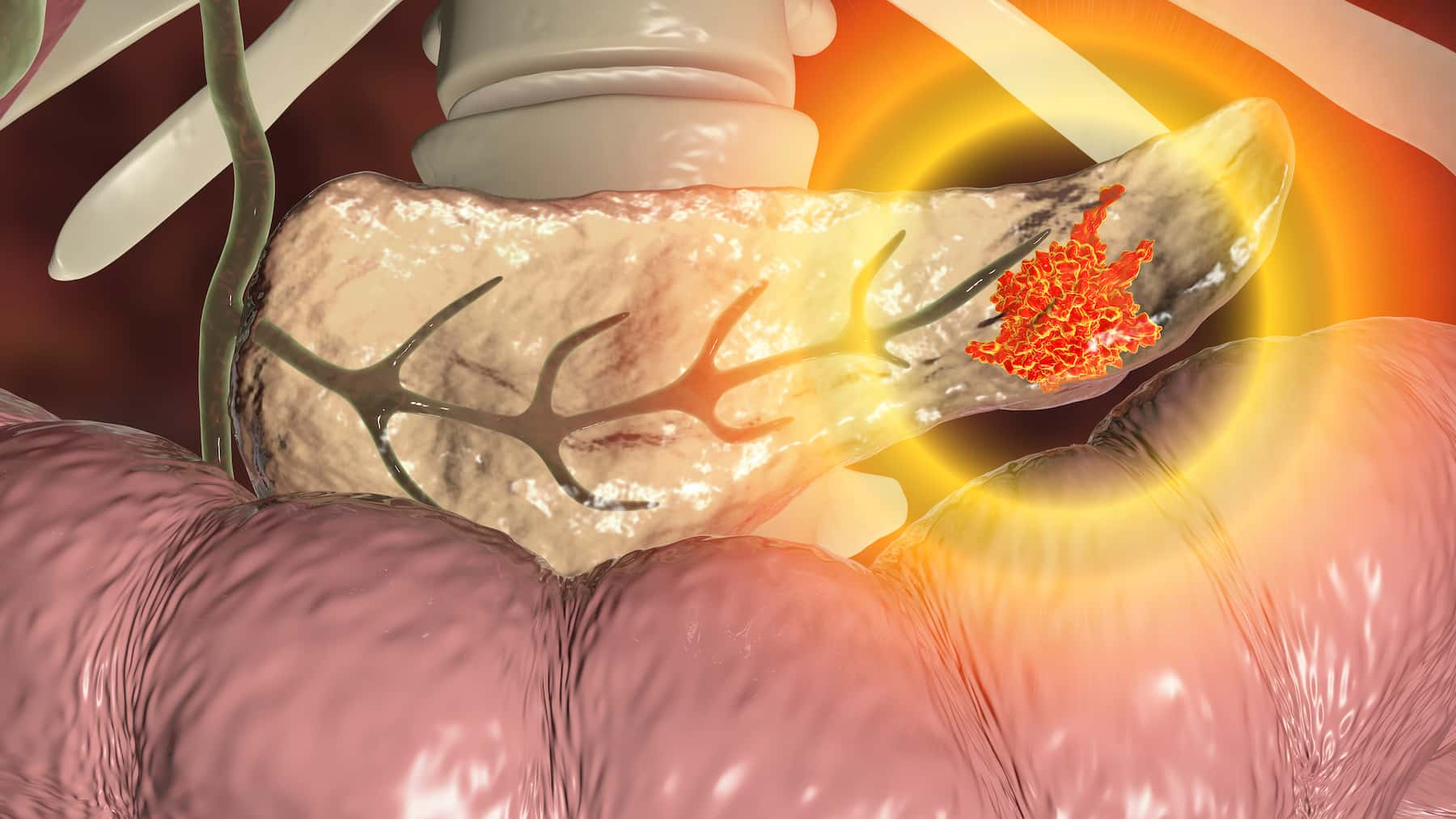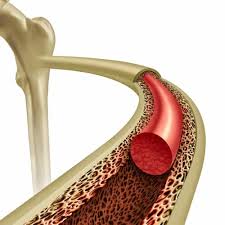
7 Warning Signs of Prostate Cancer
The prostate gland is a small, walnut-sized gland that is located just below the bladder in men. It is an essential part of the male reproductive system as it produces a fluid that nourishes and transports sperm. However, if the prostate gland malfunctions, it can lead to significant complications, including prostate cancer. Prostate cancer is one of the most common cancers that affect people who have a prostate, including intersex individuals, cisgender men, transgender women, non-binary individuals with anatomically male sex organs, and those who are intersex. In the United States alone, close to 200,000 people are diagnosed with prostate cancer each year.
The good news is that the survival rate for prostate cancer is relatively high if it is detected at an early stage. This is why it is crucial to recognize the early warning signs of prostate cancer and seek medical attention promptly. It is essential to note that most people with prostate cancer do not experience any signs or symptoms in the early stages of the disease. However, there are some changes that you may observe that should prompt you to bring them up with your doctor.
Some of the early warning signs of prostate cancer include difficulty urinating, weak or interrupted urine flow, frequent urination (especially at night), pain or burning during urination, blood in the urine or semen, and pain or discomfort in the pelvic area or lower back. These warning signs of prostate cancer may also be caused by other conditions, such as an enlarged prostate or a urinary tract infection, so it is essential to have them evaluated by a medical professional.
Regular prostate cancer screening tests such as a digital rectal exam (DRE) and a prostate-specific antigen (PSA) blood test can also help detect prostate cancer early, even before symptoms appear. The DRE involves a doctor inserting a gloved, lubricated finger into the rectum to feel the prostate for any abnormalities. The PSA test measures the level of a protein produced by the prostate gland in the blood. An elevated PSA level may indicate the presence of prostate cancer.
While prostate cancer can be a serious and potentially life-threatening condition, early detection is key to successful treatment and cure. Therefore, if you experience any changes or symptoms related to your urinary or reproductive health, or if you are at risk for prostate cancer due to family history or other factors, it is essential to talk to your doctor and discuss your options for prostate cancer screening and early detection.
Alterations That You Can’t Afford to Disregard For Prostate Cancer
It is unusual to notice warning signs of prostate cancer in the early stages of the disease; nevertheless, as the disease progresses, you run the chance of experiencing several various warning signals as the disease advances. If you are aware of the warning signs of prostate cancer, you will be better able to notice any changes in your health that may be cause for concern. Once you are aware of the warning symptoms, you may learn more about prostate cancer. To put it another way, you will have the ability to detect prostate cancer at an earlier stage.
However, it is essential to keep in mind that the manifestation of any one or more of these symptoms does not necessarily indicate that there is a problem with the prostate in the individual concerned. Indeed, the vast majority of them are something that should be anticipated as a natural and inevitable result of becoming older. If you are experiencing several symptoms or if you have further concerns, however, you should arrange an appointment with a urologist if you want to make certain that everything is well.

Sluggish or Insufficient Discharge of Urine
As this is the case in the vast majority of instances, urinary issues encountered by elderly people who have a prostate are not typically the result of prostate cancer. Despite this, it is a good idea to get your prostate checked out if you notice that the flow of your urine is slow or sluggish, or if the flow of your urine starts and stops despite your best efforts to control it. This can be a sign of prostate problems, which can lead to urinary tract infections. This is a potential warning sign of prostate cancer.
Urinary Urges that Come on Frequently
If you start to feel the need to urinate frequently and sometimes urgently, especially during the night, you should pay attention to this development because a tumor on the prostate can put pressure on your bladder and urethra. If you start to feel the need to urinate frequently and sometimes urgently, you should see a doctor as soon as possible. If this takes place, you should seek medical attention as quickly as you can.
Urination that Is Painful or Scorching
The condition known as dysuria is most usually associated with infections that impact the urinary system. These diseases can cause an increase in the amount of urine that is passed. Dysuria, on the other hand, has also been linked to a higher risk of developing prostate cancer. This disease is almost often brought on by an infection of the urinary system, making it the most common cause of the condition.
The Presence Of Blood In The Urine
Another possible indicator that a person has prostate cancer is the presence of hematuria, which is also commonly referred to as blood in the urine. Even if this could be an indication of something else wrong with your health, such as an infection in your urinary tract, you should still get it checked out just in case there is something else wrong with your health.
One of the less common but earlier indicators of problems with the prostate is experiencing pain in the region of your prostate that you cannot explain, particularly when you are seated. This is one of the warning signs. The only person who can definitively determine whether or not this is an indicator of a prostate infection is your urologist.
Lack Of Control over Urination and Bowel Movements
Both urine and fecal incontinence are warning signs of prostate cancer of aging and can also be caused by other medical issues. If, on the other hand, you find that urine is leaking from your bladder or that you have no control over your bowel motions, you should talk to your doctor about the possibility of prostate cancer.
Ejaculation Difficulties
It is important to emphasize once more that each of these concerns may be connected to one or more other types of health problems. If you are suffering any of the following symptoms, however, you should consult a urologist to determine the cause of the problem.
Painful ejaculation.
Ejaculatory output has become less abundant.
Inability to maintain an erection despite trying.
There was blood in the sperm (hematospermia).
It is essential to stress one more time that each of these concerns may be linked to one or more other categories of health issues. But, if you are experiencing any of the following symptoms, you should make an appointment with a urologist in order to discover the root of the issue and get treatment.
Aching Or Numbness in the Area
It is possible that if your prostate cancer advances, you will experience pain in your lower back, hips, or chest, as well as numbness in your legs or feet. Pain and numbness are obviously indicators of a wide variety of other health problems besides multiple sclerosis, and the majority of people get a diagnosis of their condition before they get to this point.
Reduce the Risk of Having Prostate Cancer
The disease known as prostate cancer is quite dangerous, but finding it at an early stage is essential. Speak to your physician about the variables that put you at risk for prostate cancer and when or whether you should get examined for it – often as early as the age of 40 if you are thought to be at high risk. There is no foolproof method to completely remove the possibility of developing prostate cancer. But, if you are at a greater risk of developing the disease, there are actions you can do to reduce that risk. Make sure you have frequent screenings for your prostate.
Keep your weight at a healthy level.
Workout regularly.
Consume food that is high in nutrients.
Stop smoking.
Around 97% of people live at least five years after being diagnosed with prostate cancer if the disease is caught early enough before it has spread to other parts of the body. Hence, make sure you take care of your prostate. Even if it’s a seemingly insignificant factor, being aware of the red flags can have a significant impact on the state of your health.
The Study of Prostate Cancer Signs
In a recent longitudinal study involving over 10,000 individuals at high risk for prostate cancer, researchers found a significant correlation between urinary urgency, frequent nighttime urination, and an elevated risk of developing prostate cancer. The study, published in the Journal of Urology, emphasized the importance of recognizing these symptoms as potential early indicators of prostate cancer, encouraging individuals experiencing such changes to consult with a urologist promptly for further evaluation and screenings, including the digital rectal exam (DRE) and prostate-specific antigen (PSA) blood test.
Healthy Türkiye Notes
The prostate gland is a small gland that is located just below the bladder in men. It is an essential part of the male reproductive system as it produces a fluid that nourishes and transports sperm. The prostate gland is responsible for secreting prostate-specific antigen (PSA), which is a protein produced by the prostate gland and released into the bloodstream. PSA helps to liquefy semen and makes it easier for sperm to move through the reproductive system. The prostate gland plays an important role in male sexual and reproductive health.




